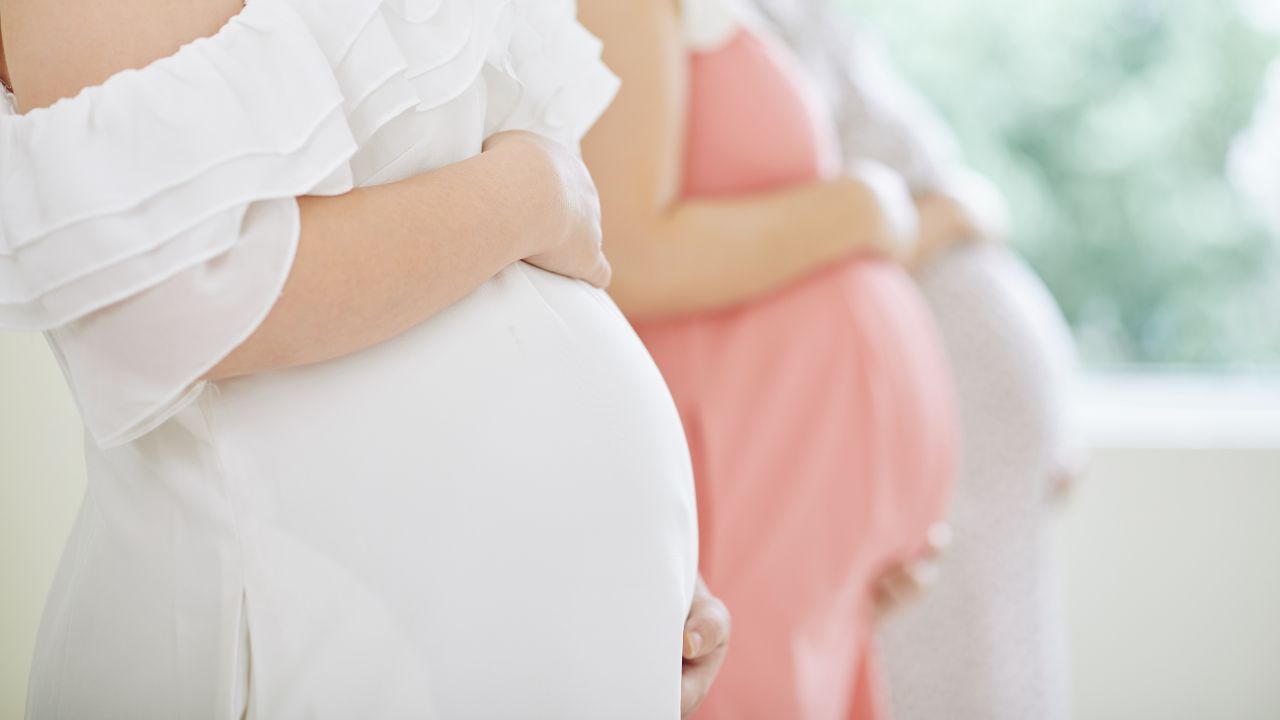
Despite clear recommendations, vaccine uptake in pregnancy remains suboptimal in Australia, putting mothers and babies at risk. A new $1.4 million national research effort led by Monash University will tackle this issue head-on.
The five-year NHMRC Partnership Project, awarded to Monash Health Director of Infections in Pregnancy service, Monash Infectious Diseases, Professor Michelle Giles, who is also from Monash University’s School of Clinical Sciences at Monash Health, brings together a powerhouse team of researchers, clinicians, policy experts and community organisations.
Together, they aim to improve the reach and effectiveness of maternal immunisation programs across the country.
‘Maternal immunisation is a powerful public health strategy, providing lifesaving protection for both mother and baby,’ said Prof Giles. ‘But to have an impact, vaccines must be accepted and accessible. Our research aims to identify and address the real-world barriers to achieving this.’

Australia recommends up to four vaccines during pregnancy: influenza, pertussis, COVID-19 and the newly introduced vaccine for Respiratory Syncytial Virus (RSV). However, vaccine hesitancy, particularly following the COVID-19 pandemic, combined with the challenge of fitting multiple vaccines into a narrow pregnancy window, continues to limit uptake.
A National Collaboration for Targeted Solutions
The project draws on the strengths of Monash Health, Monash Partners, the Royal Women’s Hospital, Women’s and Children’s Health Network, Sydney Children’s Hospitals Network, Burnet Institute, Murdoch Children’s Research Institute and the Immunisation Foundation of Australia.
It will deliver three key initiatives:
- Data linkage: For the first time, researchers will link the Australian Immunisation Register, which now records pregnancy status, with detailed perinatal data collections. This will generate new insights into under-vaccinated populations by geography, demographics and outcomes.
- Co-designing a vaccine schedule: With these insights, the team will work directly with communities to co-design and trial a maternal vaccine schedule, with a view to national scale-up.
- Evaluating RSV prevention: Australia is the first country to introduce a comprehensive RSV prevention program combining maternal vaccination and neonatal monoclonal antibodies. This project will evaluate the implementation of the program to inform the most effective RSV prevention program for the future.
‘This is about more than vaccines, it’s about equity, data-driven policy and investing in better health outcomes for future generations,’ said Prof Giles.
Prof Giles brings unparalleled expertise to the project as Director of the Infections in Pregnancy Service at Monash Health and advisor to the World Health Organisation on maternal immunisation. Partnerships are critical to success and this projects also brings together representatives from the Royal Australian and New Zealand College of Obstetricians and Gynaecologists (RANZCOG), the Australian College of Midwives (ACM), the Australian Department of Health, Victoria’s Department of Health, and the National Centre for Immunisation Research and Surveillance (NCIRS).
This article was originally published by Monash University here.


